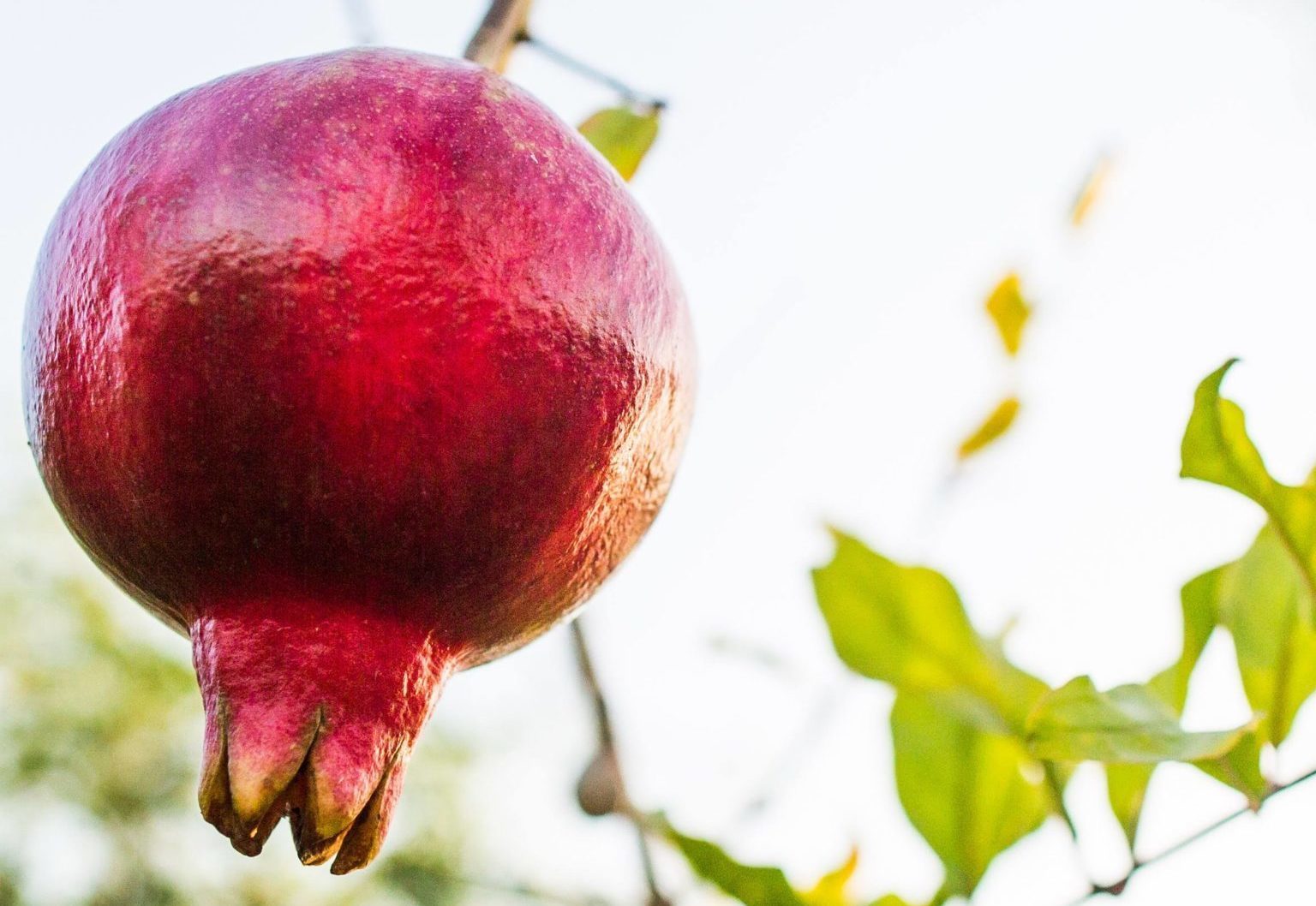As the Jewish calendar wraps up its once-every-seven-years Shmita celebration and a new cycle begins with the Jewish New Year of Rosh Hashanah, we at Coastal Roots Farm take a moment to reflect on the year that has passed.
Literally translating to “release,” Shmita is rooted in agricultural and economic systems that have modern day lessons about environmentalism and justice. In the Shmita year, debts are to be forgiven, agricultural lands are to lie fallow, private land holdings are to become open to the commons, and staples such as food storage and perennial harvests are to be freely redistributed and accessible to all.
At Coastal Roots Farm, we identified five core values that we believe uphold its lessons today. Because Jewish tradition guides us to look backwards and forwards simultaneously – to envision the future at the very same time as we reflect on the past – we would like to share some final thoughts about Shmita and the five corresponding values we selected and will carry with us as we go forward with energy into the New Year.
SHARING: We share our abundance with others, providing dignified access to nutrient-dense foods. One of the core values of the tradition of Shmita as we understood it is the value of sharing. We strive to live by that value at Coastal Roots Farm, sharing our bountiful food with those in need through our pay-what-you-can Farm stand and food distribution program; sharing our educational vision and resources with countless young people; sharing our beautiful land through our “Nature Play” program, community tours and public events, and our large-scale community festivals such as our upcoming Sukkot Festival. While the Farm may primarily our responsibility, we know that it isn’t “ours.” It exists for every person who wants it.
JUSTICE: We seek justice in a broken food system and believe that healthy agriculture creates a healthy society. The Torah – the Old Testament – instructs people to chase after and pursue Justice. It isn’t enough just to believe in it or take action when it is easily within reach. The ideal is to run after justice, however far from you or inconvenient it may be. Here at Coastal Roots Farm, we try to walk that walk through our food distribution program, helping, one drop-off at a time, to combat food insecurity and inaccessibility across San Diego County.
PAUSING: We take a moment to pause and reflect, knowing that it rejuvenates and replenishes. At Coastal Roots, our goal is to work mindfully and well, even when that takes more time. We strive to pause whenever we can, taking joy in what we grow as we grow it; taking stock of our decisions and actions while they are unfolding. In our increasingly frantic world, even pausing to take a deep breath can seem a radical act. We strive to practice such radical acts!
FORGIVING: The law of Shmita instructed forgiveness of debts as a step toward equity. During each seventh (or Shmita) year, Jewish tradition teaches– in an ideal world – that all debts should be forgiven. Imagine how great if that actually happened! Taken metaphorically, we strive at Coastal Roots to forgive ourselves for all that we don’t yet know or understand. After all, our goal is to steward of the land we farm, but not to try and bend it to our wills. For this reason, we are in constant dialogue with our fields, our soil and our crops. And we often make mistakes. This is the nature of a collaborative, loving, and respectful relationship with one’s land.
REST: Among the most common Shmita practices is letting fields lie fallow for a period of time in order to rest and restore. Shmita taught us to let our land rest whenever and however we could, and we carry that supreme value forward into the New Year. We believe in rest because our soil needs it and because we need it too. Rest is at the foundation of well-being, and though it is a rare commodity in our speedy world, we strive at Coastal Roots to practice it often and joyfully, and to share it in community too.
At its core, Shmita presents a paradigm that is rooted in fair share, equal access, resource distribution, a gift economy, and the collective commons. We invite our community to join us as the cycle begins once more and to join us as we continue working toward a just local food system and sustainable future for our region.
